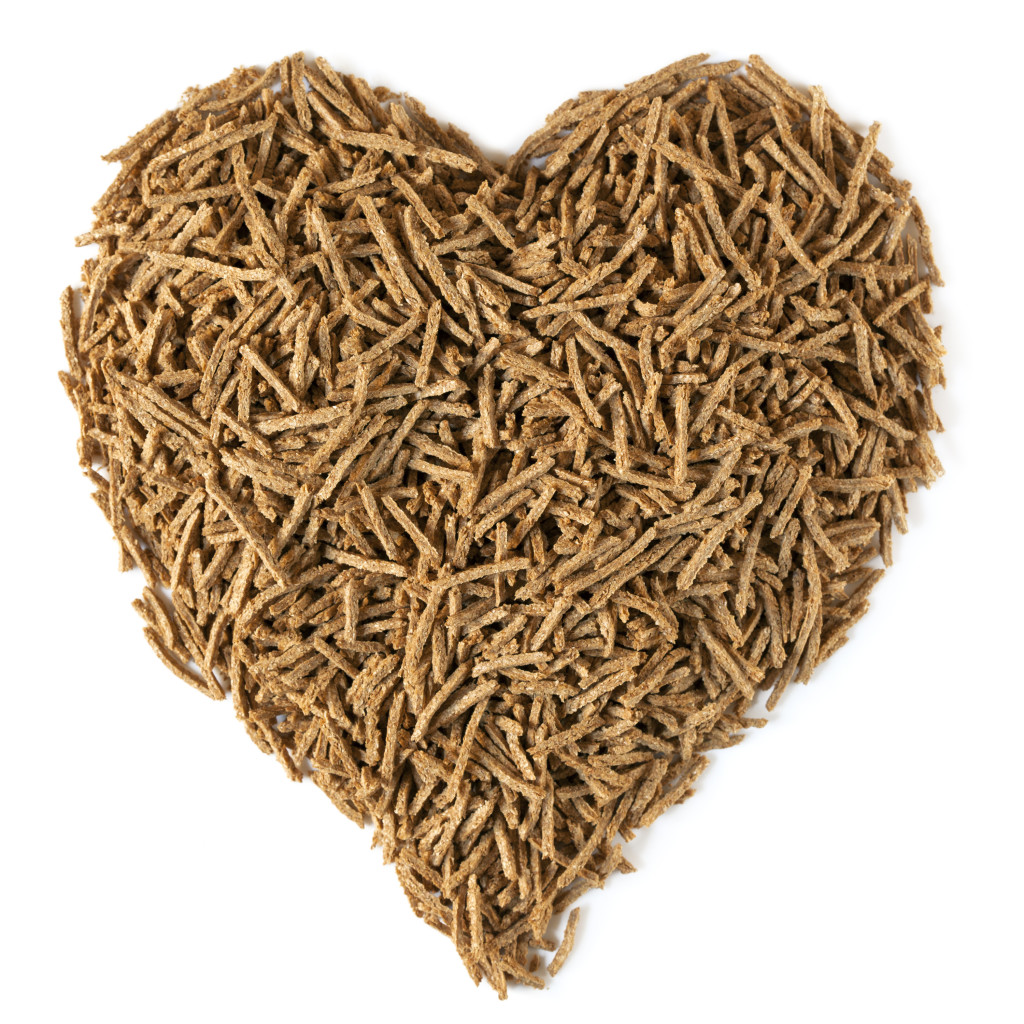
I’m sure you’ve heard many times in your life to, “Eat your vegetables, they’re good for you!” But have you ever wondered why they’re so good for you?
Besides the fact that vegetables are full of beneficial nutrients and vitamins they also contain fiber (fruit and whole grain products do as well). You may be asking yourself what fiber is, or remarking that fiber is that thing in all those bran cereals.
Truth is, fiber doesn’t get enough representation and is largely unappreciated when it comes to nutrition topics amongst fat, carbohydrates, cholesterol, sugar, etc. So, what is fiber exactly?
In terms of nutrition, fiber (also known as ruffage) is the indigestible portion of plants which is further classified into soluble fiber and insoluble fiber. It’s important to note that the two fibers don’t exist separately, that is to say fiber in general contains both soluble and insoluble fiber. While both fibers have beneficial effects, here’s the breakdown between soluble and insoluble fiber:
Soluble Fiber:
- Fermented in the colon by bacteria
- Produces gas as a byproduct of bacterial metabolism
- Lowers total cholesterol and LDL cholesterol
- Regulates blood sugar
Insoluble Fiber:
- Metabolically inert
- Speeds and facilitates the passage of stool
- Adds bulk to stool, relieving constipation
Fiber in general, however provides two great benefits: eating fiber can make you feel fuller faster, and it can reduce your appetite. This is why a large bowl of salad can leave you feeling full, but two cheeseburgers from McDonalds can leave you feeling starving! Fiber is also important for gastrointestinal health—think of it as a maintenance tool as you will.
Imagine this: you eat a fatty meal consisting of fried chicken and a vanilla milkshake. Your dinner eventually makes it way to your small intestines where your body starts the main process of absorbing the calories and nutrients from your meal.
But here’s the thing, the meal you just ate is full of “wonderful” things to your body! All that fat is “great” as it provides nearly double the energy as protein and carbohydrates would , and your body wants to take advantage of all this. So it slows the digestive process down. In other words, the food stays in your GI system longer, making it sluggish almost.
Now imagine the reverse: you’ve chosen to eat a grilled chicken salad for dinner, with an apple and water. This time when your dinner makes its way to your small intestine the story is different: instead of the food mostly consisting of fats, it has a substantial amount of fiber instead. Well fiber is indigestible (to you, though as stated before some bacteria in the colon digest it) so your body has no reason to hold on the food you just ate any longer than it needs to.
In cases of insoluble fiber due to its attraction to water, it actually helps speed up your GI tract! In the end eating fiber can help keep things moving, therefore maintaining the health of your GI tract (not to mention healthier bowel movements).

In short, fiber can help keep your digestive track healthy, and can even help prevent diverticulosis (a painful condition where “outpockets” develop in the colon). Chances are you probably aren’t getting enough fiber—most people in the US only consume 12-18 grams daily, whereas the recommended amount is 20-35g a day.
Increase the amount of fiber in your diet gradually however, as too much fiber too fast can cause bloated feelings along with constipation. So if you want to keep your colon healthy, eat your fruits, vegetables, and whole grains!

